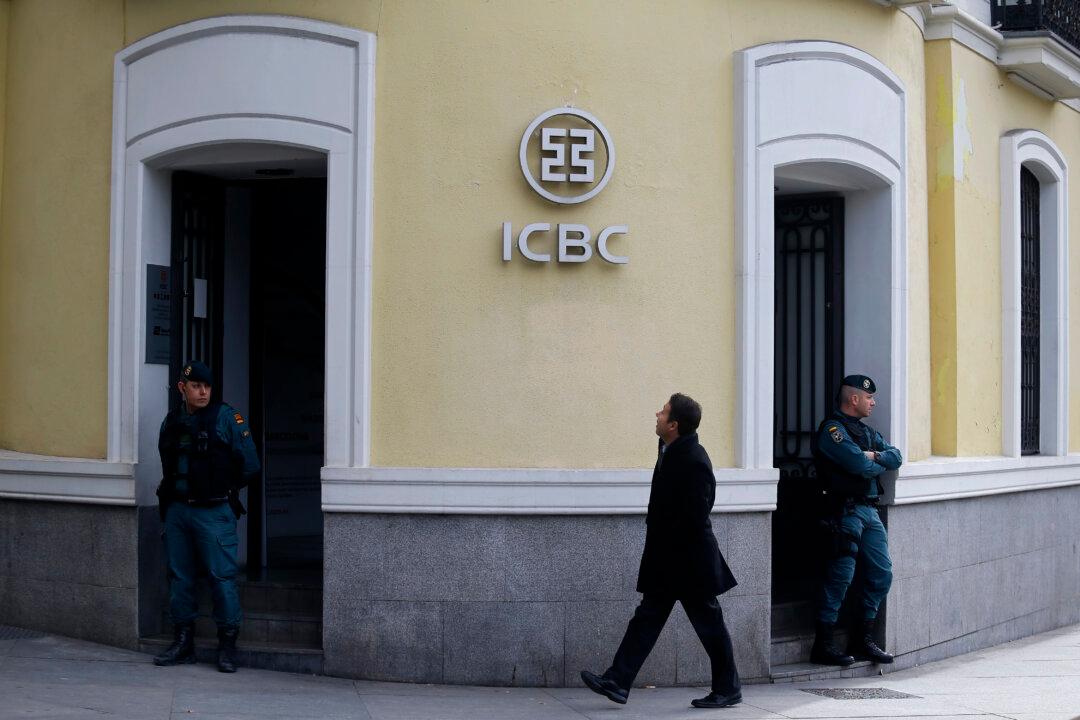Commentary
Western banks are hungry for access to China’s household investable assets, which will exceed $70 trillion by 2030, according to Goldman Sachs. China’s households will reportedly allocate more than half that amount to mutual funds, securities, and wealth management products. In 2020 alone, China’s broader wealth market amounted to $18.9 trillion. According to China Everbright Bank and the Boston Consulting Group, that figure increased by as much as 10 percent from 2019.





